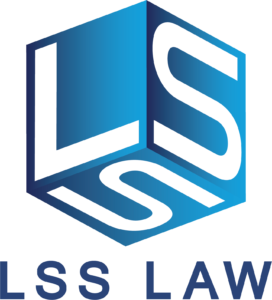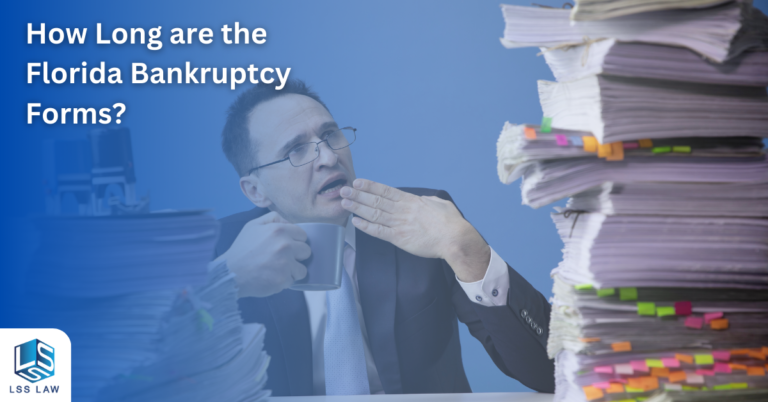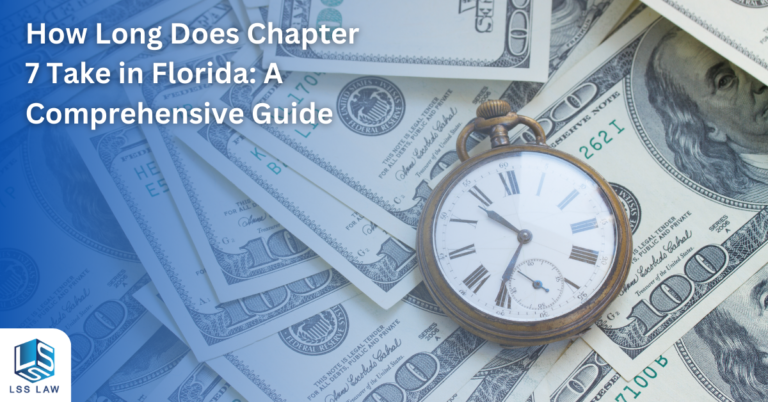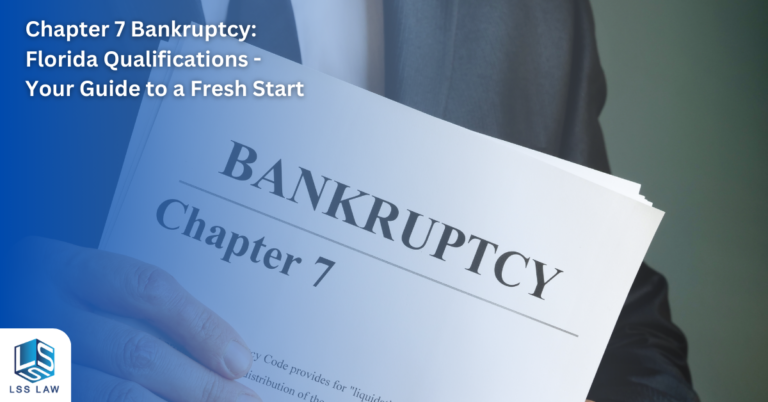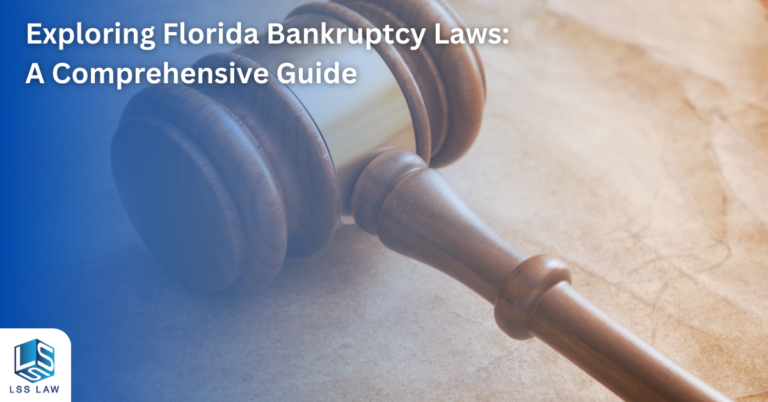Many small business owners are fully vested in their entity. They invest their time, energy, and money in trying to ensure the business’s success. As a result, when the business struggles financially, the business owner typically has financial troubles too.
Many small business owners use loans, personal guarantees, personal credit cards, or personal savings or retirement accounts to fund their businesses. As a result, the business owner accrues an overwhelming amount of personal debt.
How does filing a personal bankruptcy help the small business owner in those circumstances? Bankruptcy can allow the owner to eliminate the personal debt associated with the business, as well as any other personal debt, such as credit card bills and medical bills. If the business is a separate, incorporated entity, the owner can file a personal bankruptcy and the business, which is not required to also file for bankruptcy, can continue to operate. It should be noted, however, that the value of the owner’s stock interest in the business is considered an asset, and must be listed as such in the owner’s personal bankruptcy filing. Generally, a trustee will have no interest in the business assets and the company will continue to operate, unaffected by the owner’s filing. It is still of utmost importance, however, that the owner confers with a bankruptcy attorney to discuss how a personal filing will impact the owner and the business.
Please keep in mind that every case is different, so if you are thinking of filing bankruptcy, you own a small business, and would like to schedule a no-cost consultation, please contact our office by completing the form on this website or calling us at 954-466-0541.
